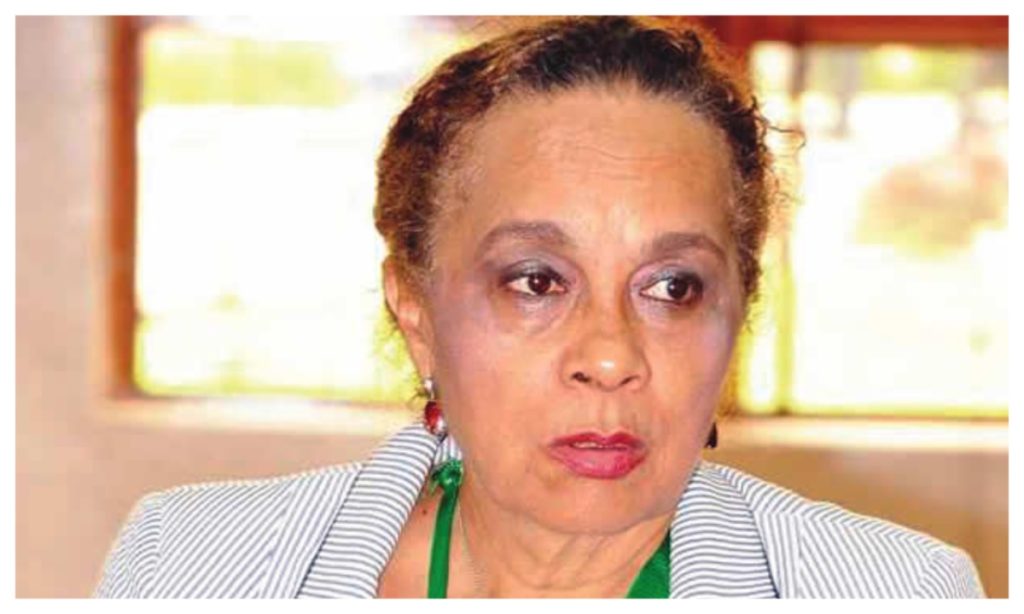In a significant boost to Angola’s local governance and revenue generation, the country’s municipalities reported the collection of over 17 billion Kwanzas in taxes during the 2023 economic year. This achievement is part of the compelling transfer of services from central to local bodies and signifies a monumental stride towards local empowerment and financial self-sufficiency.
The province of Luanda emerges as a frontrunner in this fiscal feat, closely followed by Huíla and Benguela. Notably, municipalities such as Dande (Bengo), Sumbe (Cuanza Sul), Saurimo (Lunda-sul), Cuito (Bié), and Malanje surpassed the collection of more than 150 million Kwanzas, underscoring the widespread impact of this fiscal decentralization.
The Minister of Territorial Administration (MAT), Dionísio da Fonseca, unveiled these remarkable figures at the launch ceremony of the “Njila” project, aimed at enhancing governance to improve service provision throughout Angola.
The government’s commitment to decentralization is evident in the transfer of more than 900 services from central to local bodies. Furthermore, the citizen portal now facilitates the allocation of mining rights for aggregate exploration and licenses for various services, marking a pivotal shift towards localized decision-making processes.
Crucially, the decentralization extends to the management of irrigated perimeters, which has been transferred from the Ministry of Agriculture and Forestry to provincial governments. Additionally, the management of infrastructured land and numerous projects in the Integrated Plan portfolio of Municipal Intervention (PIIM) has transitioned from central to local bodies, heralding a new era of localized development initiatives.
However, the Minister emphasized that a mere increase in revenue and devolution of powers is insufficient without efficient administration and accountability. He stressed the importance of ethical, prudent, and efficient management of revenues to serve the public interest. In line with this vision, the MAT plans to conduct municipal accountability forums in 2024 and implement open and participatory governance mechanisms, ensuring citizen engagement and democratic dialogue.
To bolster the capacity of municipal administrations, the National School of Administration and Public Policies (ENAP) has already trained over 8,590 public servants and administrative agents in six regional centers. This concerted effort aligns with the Human Capital Development Plan of Angola 2022 – 2035, underlining the government’s commitment to equipping local decision-making bodies with competent and qualified human resources.
Looking ahead, the MAT aims to universalize identity registration at birth in maternity hospitals, streamline services through the Single Public Service Counters (BUAP), and collaborate with the Ministry of Justice and Human Rights to facilitate identity card issuance and distribution.
The “Njila” project’s steadfast vision revolves around fostering competent local governance, promoting citizenship, sustainable territory management, and efficiency in state financial resource management. It also emphasizes the imperative need for territorial planning plans at the municipal level, as a cornerstone for harmonious and sustainable territory management, preventing illegal occupations, and enhancing the populace’s quality of life and well-being.
As Angola advances towards comprehensive local empowerment and governance, the realization of municipal master plans in 60% of municipalities by 2027 stands as a testament to the government’s unwavering commitment to fostering efficient, harmonious, and sustainable territorial management, ultimately enhancing the citizens’ quality of life.
In essence, Angola’s resolute efforts in fiscal decentralization and local governance serve as a beacon of progress, paving the way for inclusive development, and sustainable prosperity. The remarkable strides made in fiscal autonomy and governance herald a new dawn for Angola, underlining the country’s unwavering commitment to inclusive and sustainable progress.



